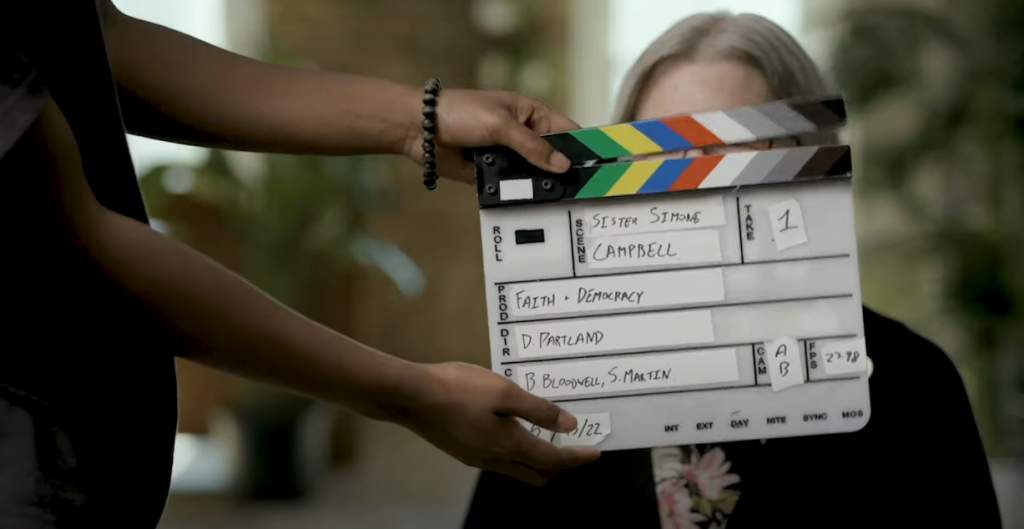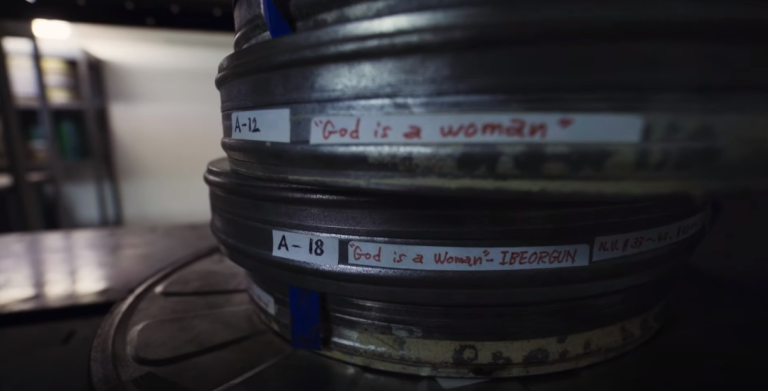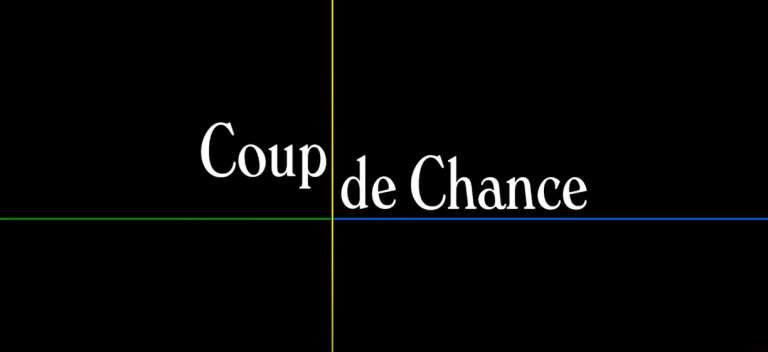

The documentary “God & Country” faces a common challenge seen in many political films: its alarmist tone may alienate viewers rather than draw them in. While its concerns are valid, there’s a risk of preaching to the choir, reinforcing the beliefs of those who already agree while failing to persuade others. Some argue that such films serve to rally supporters for future challenges, but it’s uncertain if there’s a solution to this dilemma.
Produced by Rob Reiner and directed by Dan Partland, “God & Country” explores the rising influence of Christian Nationalist beliefs in the US. It delves into how these views, embraced by evangelical Christians and other conservative denominations like Catholics, impact laws and elections through mobilizing voters in sympathetic churches. The documentary serves as a warning, suggesting that ignoring these developments could lead to serious consequences.

The film highlights the danger posed by a committed minority gaining control of government due to widespread voter apathy. This threat is exemplified by actions such as book bans in local libraries, driven by vocal but often non-local attendees at school board meetings. While the reactionary wing may seem large and vocal, it actually constitutes a smaller portion of voters, around a third, who vote consistently compared to younger left-leaning voters.
Christian Nationalists are depicted as actively working to reshape politics through tactics like gerrymandering and voter suppression. Critics, such as David French, accuse this movement of promoting division and partisanship. Bishop William J. Barber III criticizes their misplaced focus on material wealth and guns rather than addressing poverty and caring for the marginalized, which he argues contradicts true Christian values.

The documentary offers historical insights, debunking the myth of the US as a “Christian nation” and highlighting the true origins of practices like prayer in schools and the addition of “In God We Trust” to currency. It reveals that the rise of evangelical political influence began in the 1980s, partly in response to societal changes like school desegregation.
Despite its valid points, the film may not offer much beyond what viewers could gather from other sources like Wikipedia or satirical shows. The selection of quotes is designed for impact and social media virality. The visual and auditory elements of the film create a sense of urgency, akin to a continuous stream of political ads, but may not counterbalance opposing narratives presented by media outlets like Fox News or certain radio hosts.

Some viewers may prefer documentaries that take a more traditional approach, offering immersive experiences and capturing nuanced conversations to provide deeper insight into the subjects at hand. Alternatively, they might seek out films with different agendas, such as politically contentious action movies or socially conscious dramas, which align more closely with their personal values and offer a more engaging viewing experience.
| Aspect | Description |
|---|---|
| Film Overview | The documentary “God & Country” examines the rise of Christian Nationalist beliefs in the US, exploring their impact on laws and elections. It serves as a warning about the potential consequences of ignoring these developments. |
| Production Details | Produced by Rob Reiner and directed by Dan Partland. |
| Key Points | – Christian Nationalists employ tactics like gerrymandering and voter suppression. – Critics accuse the movement of promoting division and neglecting true Christian values. – The film provides historical insights debunking myths about the US being a “Christian nation.” |
| Narrative Style | The film’s alarmist tone may risk alienating viewers, although it aims to rally supporters for future challenges. |
| Visual & Sound | Utilizes a fast-paced visual montage and ominous music, resembling a continuous stream of political ads. Some moments feature warmer tones, but overall, the tone is urgent. |
| Comparison to Other Media | Offers insights similar to those found on platforms like Wikipedia or in satirical shows. However, it may lack the depth and nuance of traditional documentaries or alternative media. |
| Viewer Preferences | Some viewers may prefer more traditional documentaries, offering immersive experiences and nuanced discussions. Others may seek out films aligned with their personal values for a more engaging experience. |






